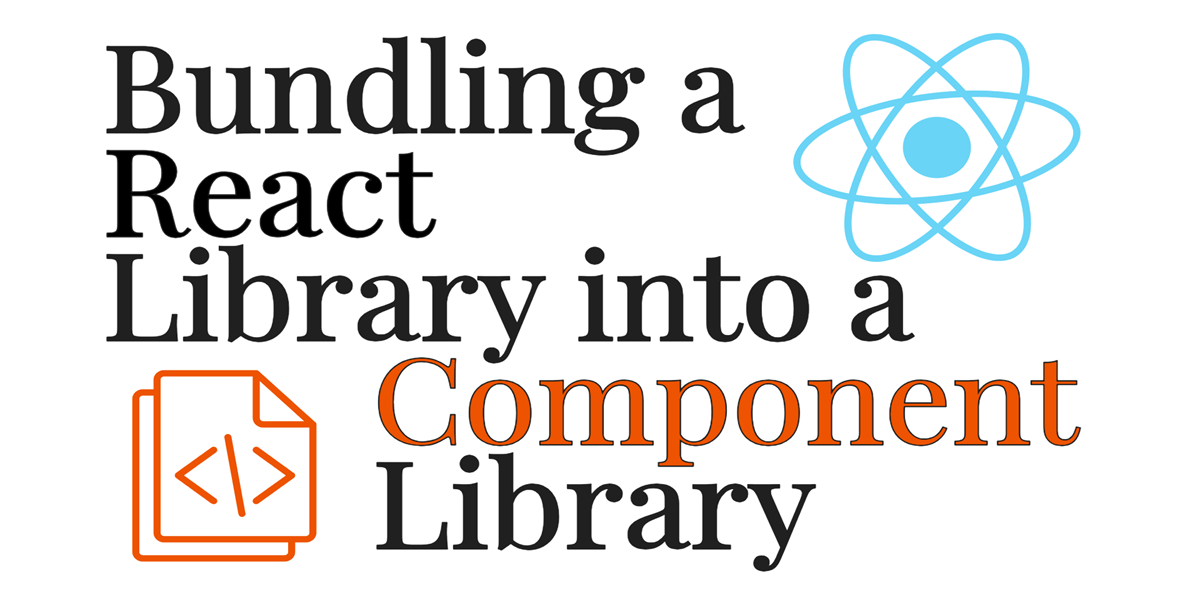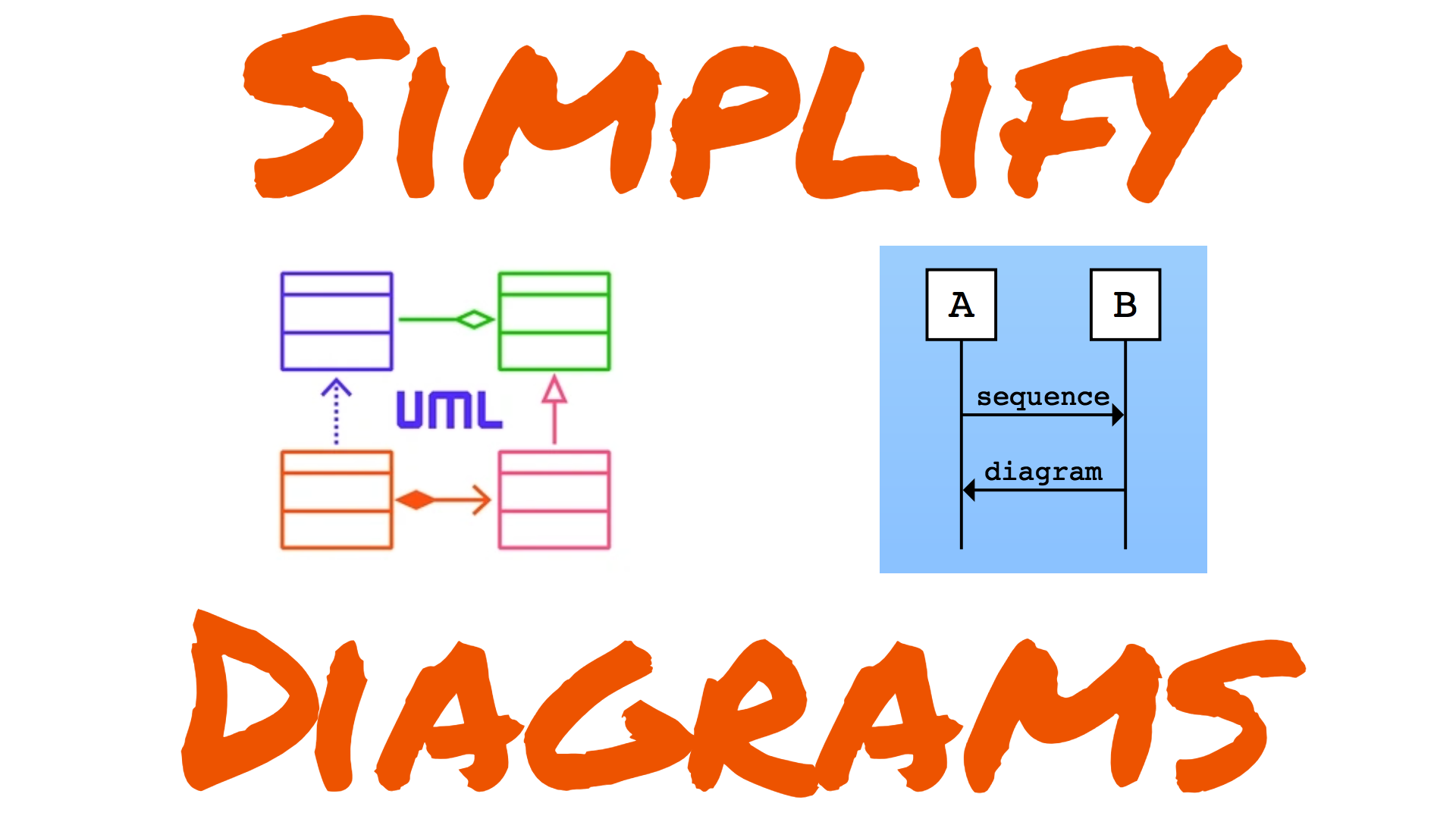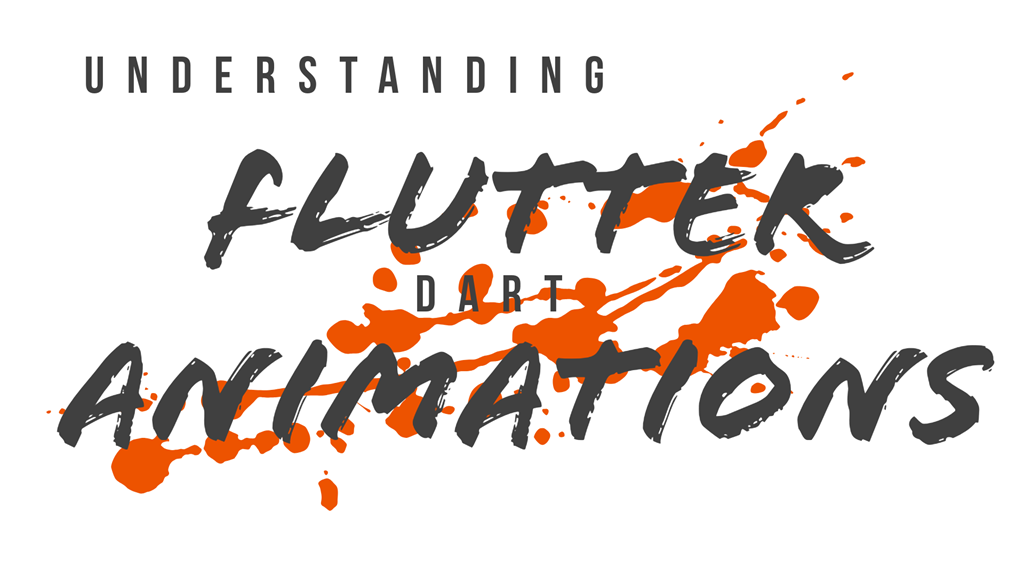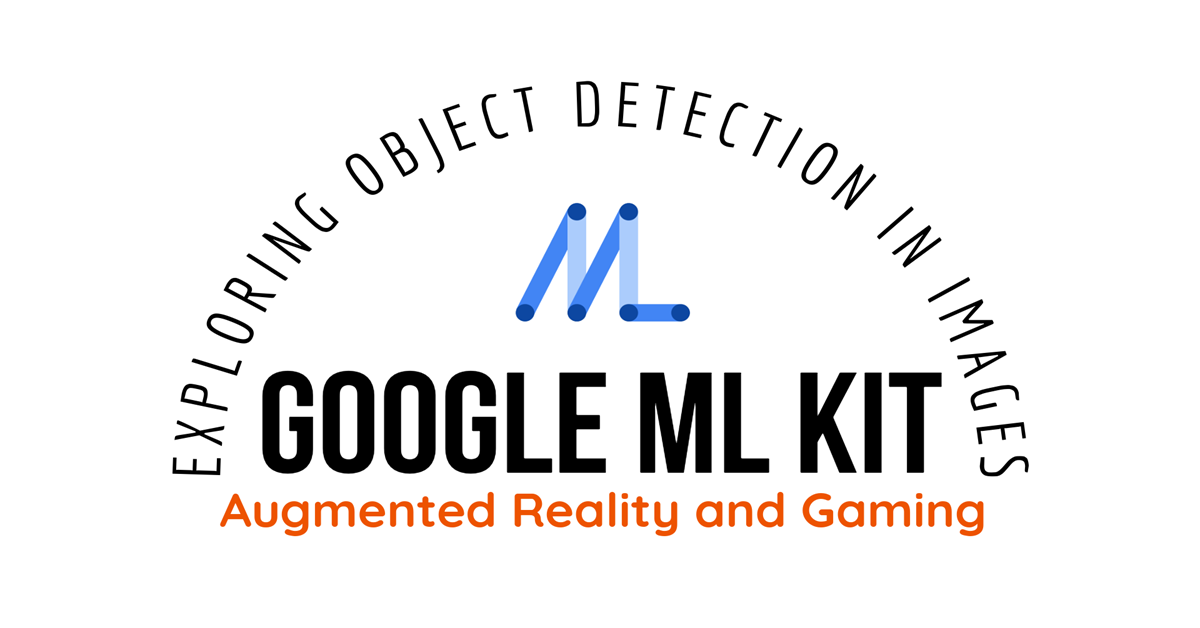
Linkedin Instagram Facebook X-twitter Welcome to our comprehensive guide on bundling a React library into a reusable component library! In…
In today’s tech landscape, harnessing the capabilities of artificial intelligence (AI) is pivotal for creating innovative and efficient applications. Google’s AI Dart SDK, particularly with the integration of generative AI models like Gemini, offers developers a robust toolkit to build AI-driven features and applications. Here’s an in-depth look at how the Google’s AI Dart SDK can be leveraged for various AI use cases.
The SDK employs the Gemini 1.5 or Gemini 1.0 Pro models to generate text outputs from text-only prompts. This functionality is powered by the generateContent method.
For prompts that include both text and images, the SDK uses the Gemini 1.5 or Gemini 1.0 Pro Vision models. The generateContent method processes these inputs to produce relevant text outputs.
To optimize response times, the SDK supports streaming, allowing partial results to be processed and returned before the entire generation process completes. This feature can significantly enhance user experience by providing quicker interactions.
final response = model.generateContentStream([
Content.multi([prompt, ...imageParts])
]);
await for (final chunk in response) {
print(chunk.text);
}
Embedding Services
The embedding service generates high-quality embeddings that are useful for a range of NLP tasks. These embeddings enable applications to perform more sophisticated text analysis and manipulation.
Security Considerations
When using the Google AI SDK for Dart (Flutter) to call the Google AI Gemini API directly from your app, it is recommended for prototyping purposes only. For production environments, especially if billing is enabled, it is crucial to call the API server-side to protect your API key from potential exposure to malicious actors.
The following example illustrates how to generate a list of 30 distinct categories for a word game, ensuring that all categories are common nouns with a length of fewer than 8 characters.
void getData() async { SharedPreferences pref = await SharedPreferences.getInstance(); final random = Random(); ApiDataProvider _apiDataProvider = new ApiDataProvider(); await _apiDataProvider.fetchData(); model = _apiDataProvider.model; if (Settings.useAIWordGenerator && Settings.isDateChanged) { String prompt ='''Generate a list of 30 distinct categories for a word game as a numbered list. Constraints: *All categories must be common nouns (known by most people). *No proper nouns (e.g., London, Tuesday). *No explicit content. *Category word length must be strictly less than 8 characters. [Focus on short categories] Post-processing: *Generate a larger list (e.g., 40 categories). *Filter categories: Discard any category exceeding 7 characters or with unknown word count dictionary API or pre-defined list). *If the filtered list has less than 30 categories, repeat steps 1 and 2. *For each remaining category: Use a dictionary API or pre-defined list to check if there are more than 7 characters. Discard categories that don't meet this criteria. *If the filtered list has less than 30 categories, repeat steps 1-4. o/r tags'''; dynamic content = [Content.text(prompt)]; List<String> generatedCategories = await genAIWordLogic(model!, content); List<String> categoryList= []; for (int i = 0; i < 20; i++) { int num = random.nextInt(30); if (!categoryList.contains(generatedCategories [num]) && generatedCategories [num] != "TOOLS") { categoryList.add(generatedCategories [num]); i--; } } setState(() { Settings.isDateChanged = false; WordCategoryGenerator.generatedCategories = categoryList; }); var aiState = { "isDateChanged": Settings.isDateChanged, "genertedCategories": WordCategoryGenerator.generatedCategories }; pref.setString( "aiState${service.fetchUserData(DashBoard.userKey)["UserName"]}", jsonEncode(aiState)); } }
In conclusion, the Google AI Dart SDK presents a comprehensive and versatile toolkit for developers seeking to integrate AI capabilities into their applications. From generating text based on various input types to creating intricate multi-turn conversations and sophisticated NLP embeddings, the SDK empowers developers to build innovative and efficient AI-driven features.
The SDK’s ability to handle both text-only and multimodal inputs ensures that developers can create applications capable of interpreting and generating text from diverse data sources. This versatility allows for more dynamic and context-aware user interactions. Additionally, the advanced streaming capabilities optimize performance, providing quicker and more responsive user experiences.
Embedding services provided by the Gemini API facilitate more nuanced text analysis, enabling a wide array of natural language processing tasks such as semantic search, text classification, and clustering. These high-quality embeddings enhance the application’s ability to understand and manipulate text, paving the way for more sophisticated AI-driven functionalities.
Implementing the Google AI Dart SDK not only streamlines the development process but also opens up new avenues for creating intelligent and interactive applications. By adhering to best practices, particularly concerning security considerations for API key management, developers can confidently leverage this powerful SDK in both prototyping and production environments.
Ultimately, the Google AI Dart SDK stands out as a robust and dynamic tool for developers aiming to harness the full potential of AI, driving innovation and elevating the standard of modern applications. With its support for multimodal inputs and advanced embedding services, the SDK unlocks a world of possibilities, making the future of AI development both exciting and boundless.
As Tech Co-Founder at Yugensys, I’m passionate about fostering innovation and propelling technological progress. By harnessing the power of cutting-edge solutions, I lead our team in delivering transformative IT services and Outsourced Product Development. My expertise lies in leveraging technology to empower businesses and ensure their success within the dynamic digital landscape.
Looking to augment your software engineering team with a team dedicated to impactful solutions and continuous advancement, feel free to connect with me. Yugensys can be your trusted partner in navigating the ever-evolving technological landscape.

Linkedin Instagram Facebook X-twitter Welcome to our comprehensive guide on bundling a React library into a reusable component library! In…

Linkedin Instagram Facebook X-twitter In today’s tutorial, we’ll explore creation of stunning diagrams using ChatGPT, along with the assistance of…

Linkedin Instagram Facebook X-twitter Animations play a vital role in creating engaging and interactive user interfaces in Flutter applications. Whether…

Linkedin Instagram Facebook X-twitter Introduction: Augmented reality (AR) has transformed the gaming industry, offering players immersive experiences that blend the virtual…